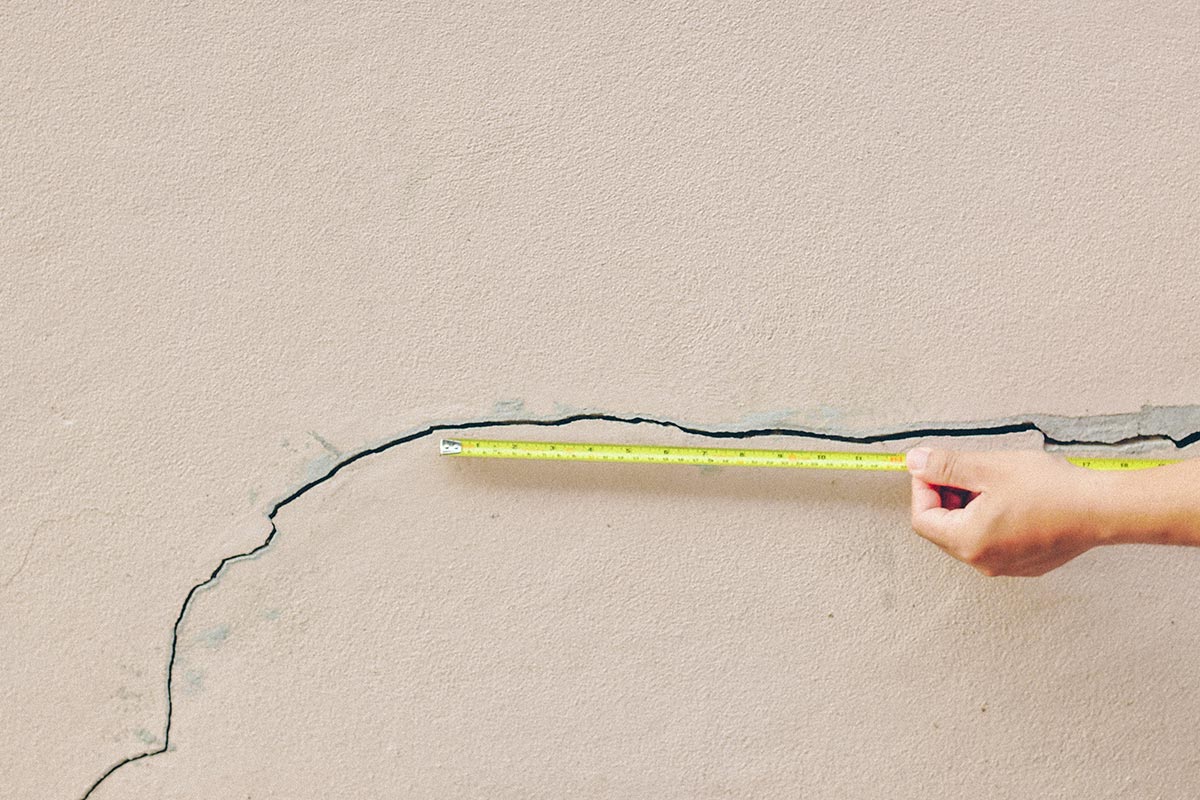
Water Damage—What is Covered?
Not all water damage is created equal. If you’re wondering if you have the right insurance coverage, take a look at this.
With record snowpack in 2023, the flooding across the Mountain West this spring was nothing short of massive, leaving many without power or unable to evacuate due to road damage.
The snow, ice and abnormally cold temperatures led to power failures, collapsed roofs, flooding from broken pipes and other property damage both inside and outside homes and commercial buildings. When storms like this occur, you may wonder what types of damage are covered by your insurance policy.
- Losses due to frozen pipes that have burst and caused water damage are usually covered on homeowners and commercial property policies.
- Utility service interruption is generally not covered on homeowners policies.
- Loss of business income due only to severe weather is likely not covered; however, there is an optional endorsement available that covers lost business income due to loss of utility service.
Read on for more information about what is and is not covered when it comes to water damage. Remember, this is a general overview. The terms and conditions of your insurance policy may differ from what is explained here. Talk with your insurance agent and read your policy to find out what is covered in your situation.
What is covered?
Whether or not water damage is covered by your insurance policy depends on the source of the damage, your specific policy and whether the damage was gradual or accidental and sudden.
Sudden or accidental damage
A standard homeowners insurance policy generally covers water damage that occurs due to “sudden or accidental discharge” of water, not resulting from damage from age or weathering. This could include a water heater rupture, a burst pipe or a washing machine hose failure. While the policy covers the resulting damages, it will not cover the actual source of the damage (e.g., it won’t pay to replace your water heater, burst pipe or washing machine).
Gradual damage Gradual water damage is generally not covered by a standard homeowners policy. This type of damage occurs over time due to unresolved maintenance issues or long-standing problems that go undetected.
Common examples include:
- Leaks in plumbing, including pipes, valves and fixtures.
- Seepage through cracks in the foundation (through underground leaks from a sprinkler system, swimming pool, etc.).
- Leaks around windows, doors or roofing.
- Mold, rot or corrosion.
In some cases, gradual water damage may be covered if it resulted from an original claim that was covered.
Optional endorsement choices
Some insurance companies offer an optional endorsement for water backup coverage. This type of endorsement may cover the following:
- A sewer line in the street backs up and causes an overflow through a drain inside the home.
- A sump pump gets overwhelmed and causes an overflow into the home’s basement.
Some insurance companies offer an additional optional endorsement for damage to underground service lines. This type of endorsement may cover water lines, waste disposal lines and more.
If the sewer line breaks in the street, causing water to flow over the surface of your property and into your home, it is generally not covered by a standard homeowners policy or optional endorsements.
Your homeowners policy will pay for covered damages if they exceed your deductible. Once your deductible is met, the policy will pay for covered claims up to the limit specified in your policy.
Storm-related water damage vs. flooding
If wind or lightning creates an opening in your home, allowing water in, it's considered storm-related damage and is usually covered by a standard policy. A good rule of thumb is “did the water hit your home before hitting the ground?” If so, it is considered storm-related damage.
A flood is when external water rises onto your property due to an overflowing river, tsunami, mudslide or heavy rain. Water damage due to flooding is not covered by a standard homeowners policy. Flood insurance is available through the National Flood Insurance Program (NFIP). Talk with your insurance agent to determine if you are in a qualifying community for the NFIP. To learn more, visit https://www.fema.gov/national-flood-insurance-program.
Review your policy
It is important to understand what your standard homeowners policy covers versus optional endorsements. Coverage and policy options vary by state and insurance company, so it is critical to discuss your policy and available options with your insurance agent to ensure your home is properly protected.
Protecting your home
In addition to having the right insurance, it is important to take precautions to protect your home from water damage. Here are a few tips:
- Pay attention to your water bill—a sudden, large, unexplained fluctuation could mean you have a water leak somewhere in your home or on your property.
- Conduct regular maintenance, including fixing leaky faucets, regularly changing appliance water hoses and replacing worn-out appliances.
- Be familiar with your home inside and out—if something doesn’t look right, that could be a sign of an underlying issue.
- Purchase a leak defense system—some policies may be eligible for a discount if you install one. Contact your agent for more details.
Remember: minor leaks are not minor problems. Putting off maintenance issues or making inadequate repairs can lead to costly water bills and major damage. Take care of issues as they arise. For more information or to get a quote, visit Mountain America Insurance Services.
Insurance products are not deposits, not an obligation of and not guaranteed by Mountain America Credit Union. Insurance products are not protected by the NCUA, may be subject to risk and, in the case of life insurance, may go down in value. Any insurance required as a condition of an extension of credit need not be purchased from the credit union and may be purchased from an agent or insurance company of the member's choice. Insurance products are not exclusive to Mountain America Credit Union members. Business conducted with Mountain America Insurance Services, LLC is separate and distinct from any business conducted with the credit union. Mountain America Insurance Services, LLC is a subsidiary of Mountain America Credit Union.

